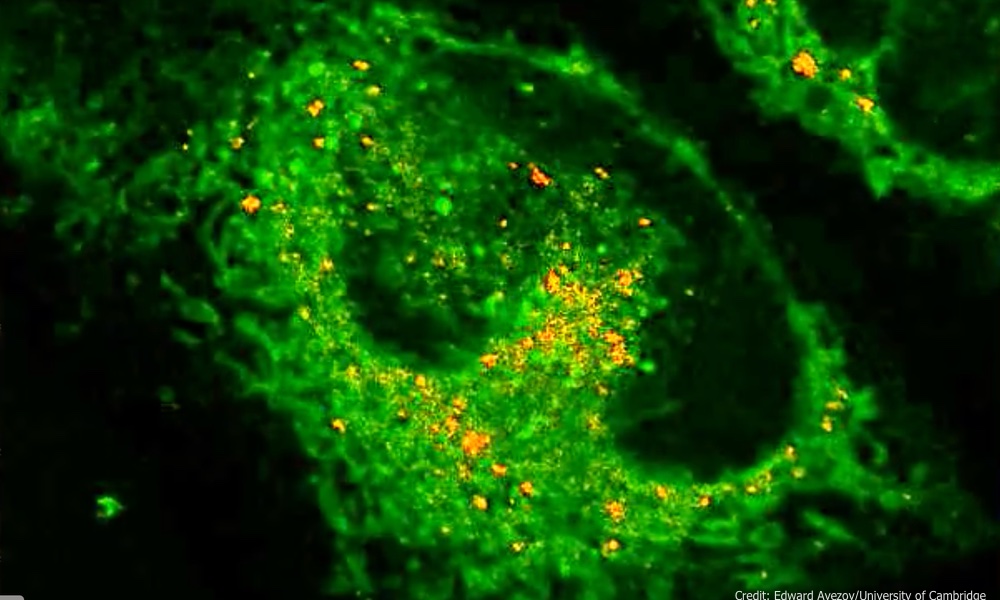Contrary to popular opinion, some stress may actually be good for your cells — especially when it concerns your brain. British researchers report that stress can prevent the build-up of protein debris seen in patients with dementia.
Clumps of misfolded proteins are involved in both Alzheimer’s and Parkinson’s disease. The misfolded amyloid and tau proteins in Alzheimer’s disease, for example, cause irreversible damage to nerve cells.
Protein folding and occasional misfolding are normal bodily processes, but when misfolded proteins are not removed, as they are in healthy people, and build up, the individual’s cognitive abilities decline.
Scientists continue to search for new medicines that can either remove the misfolded proteins or prevent them from happening. So far, no effective medicine has been developed. Which is why the new British study may be particularly helpful given how rapidly the world’s elderly population is increasing.An early clue about the benefits of cellular stress came from Scandinavia where sauna use is common.
The approach by the UK Dementia Research Institute at the University of Cambridge is different. Instead of seeking ways to prevent or eliminate misfolding, the Cambridge team is focusing on a “do-over”, searching for ways to refold the misfolded proteins.
“Just like when we get stressed by a heavy workload, so, too, cells can get ‘stressed’ if they’re called upon to produce a large amount of proteins, explained researcher, Edward Avezov, in a statement. “We focused on stressing a component of cells known as the endoplasmic reticulum, which is responsible for producing around a third of our proteins — and assumed that this stress might cause misfolding.”
All mammalian cells have an endoplasmic reticulum (ER). The ER plays an important role in the synthesis, folding, modification and transport of proteins needed on the surface or outside the cell.
To test their hypothesis, the challenge for the researchers was to find a way to stress the ER without causing even more damage to brain cells. The team chose a class of proteins known as heat shock proteins (HSPs). As their name implies, when the body confronts high temperatures, these proteins are made to protect the cells against the stress of high heat.
An early clue about the benefits of cellular stress came from Scandinavia where sauna use is common. “There have been some studies recently of people in Scandinavian countries who regularly use saunas, suggesting that they may be at lower risk of developing dementia. One possible explanation for this is that this mild stress triggers a higher activity of HSPs, helping correct tangled proteins,” Avezov Indicated.
Until recently, researchers had no technology that enabled them to view these processes in living cells to monitor the effects of any technique they were testing. But thanks to a collaboration with teams at Pennsylvania State University and the University of Algarve, the British researchers can now see what’s happening at the ER, such as misfolding, almost immediately by measuring fluorescent light patterns.
“We were astonished to find that stressing the cell actually eliminated the aggregates — not by degrading them or clearing them out, but by unravelling the aggregates, potentially allowing them to refold correctly,” said Avezov.
The research findings are published in Nature Communications.





